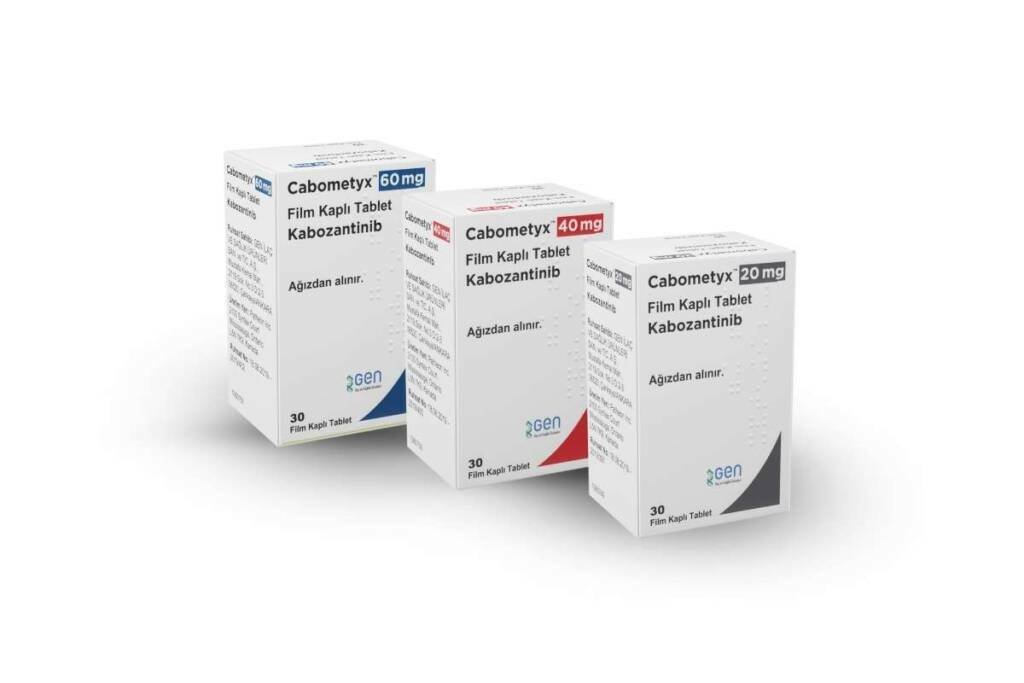Source – Exelixis
Exelixis, the company behind the successful cancer drug Cabometyx, has been actively defending its intellectual property. In a recent move to safeguard its market position, Exelixis has reached a patent settlement with generics giant Teva.
According to the settlement, Exelixis will grant Teva a license to market its generic version of Cabometyx from January 1, 2031, subject to FDA approval. The financial terms of the deal have not been disclosed.
The patent dispute began when Teva filed a generic application with the FDA, prompting Exelixis to file a lawsuit asserting infringement of its patents. The settlement now resolves all existing patent litigation between the two companies in Delaware federal court.
The financial details of the agreement between the companies were not disclosed.
In the previous year, Exelixis took legal action by filing a patent lawsuit (PDF) against Teva, responding to Teva’s efforts to gain FDA approval for a generic application. Exelixis claimed that Teva’s actions infringed upon their patent No. 11,298,349, which is set to expire in February 2032.
Furthermore, in 2021, Exelixis also initiated a lawsuit concerning three patents, the most recent of which is scheduled to expire in July 2033.
Exelixis has also been pursuing patent claims against India’s MSN Labs, and in January, the Delaware federal court ruled in its favor, rejecting MSN’s challenge to one of its patents.
Cabometyx has been a significant revenue generator for Exelixis since its approval in 2016 for the treatment of certain patients with renal cell carcinoma. It has also obtained approvals for hepatocellular carcinoma and thyroid cancer, contributing to a franchise revenue of $1.4 billion last year.
However, Exelixis and Roche’s Tecentriq faced clinical setbacks when their combination therapy failed to show superiority over Cabometyx alone in kidney cancer patients who had progressed on initial immunotherapy. Similar trial failures were observed in liver cancer and lung cancer.
Despite these setbacks, Exelixis remains committed to defending its market position and preserving the exclusivity of Cabometyx through strategic patent actions.





























